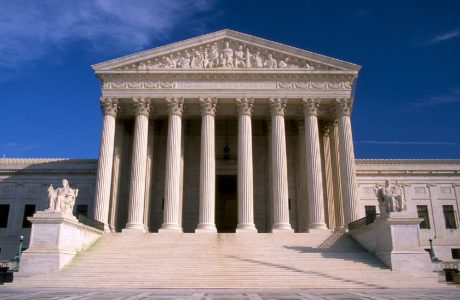
Today, the United States Supreme Court provided employers with a big win over labor unions. In Janus v. AFSCME, the Court ruled that the First Amendment rights of non-union members were violated when they were forced to pay “agency fees” to support union activities. Here’s a link to a Chicago Sun-Times article discussing the decision: Government Workers No Longer Have to Pay “Fair Share” Fees.
An “agency fee” is also called a “fair share fee” or a “service fee.” Those fees are imposed on employees who refuse to join a union in a workplace that is subject to a collective bargaining agreement. Typically, those fees are imposed where the union is deemed the “exclusive representative” of all employees in a bargaining unit, including employees who decline to join the union. In theory, non-union employees gain the benefit of union-negotiated wages and benefits. Therefore, the “agency fee” is imposed so that non-union employees pay an amount equal to the union’s costs of collective bargaining and contract administration. After the Janus decision, “agency fees” can no longer be imposed on employees in public sector jobs.
The impact of the Janus case for most employers in Alabama is minimal. Alabama is a “right to work” state. As a result, mandatory “agency fees” are generally impermissible in Alabama. See Alabama Code § 25-7-34. Potentially, this ruling might impact workers at “federal enclaves” in Alabama like Fort Rucker or Redstone Arsenal. In many areas of those enclaves, the federal government possesses exclusive jurisdiction, and federal law can trump Alabama’s “right to work” laws. But see Professional Helicopter Pilots Assoc. v. Lear Siegler Svcs., Inc., 326 F.Supp.2d 1305 (M.D. Ala. 2004)(find that Alabama’s “right to work” law controlled over Shell Field at Fort Rucker, because Alabama did not cede exclusive jurisdiction over that land).